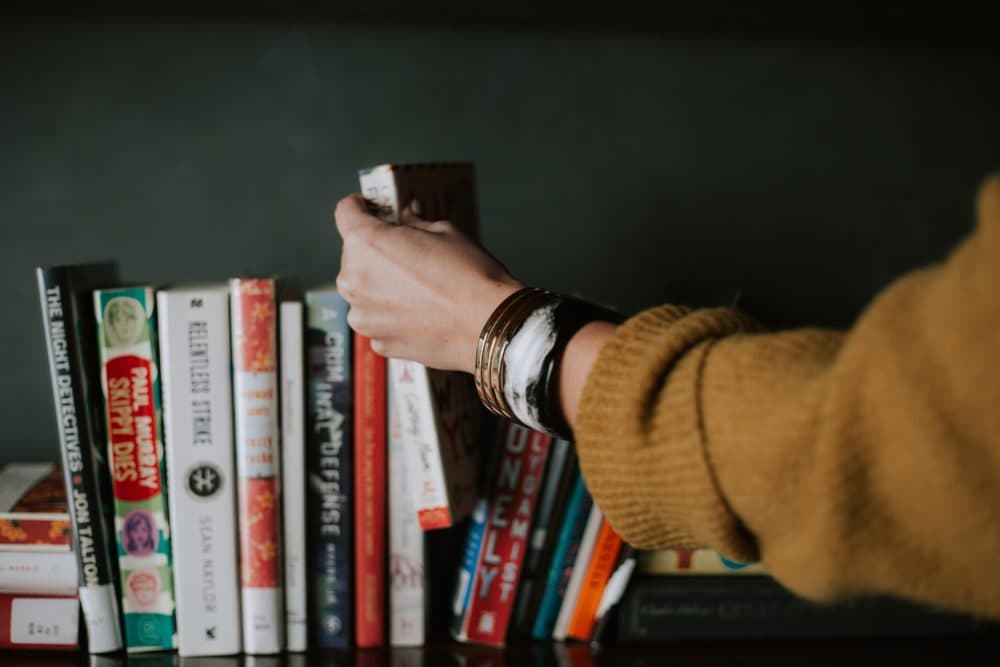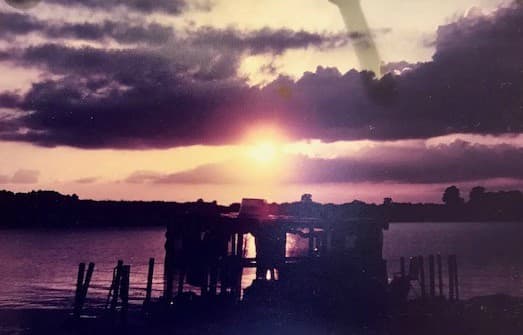Advertisement
Commentary
The Essential Risk Of Good Literature

In his book “Sapiens,” Yuval Harari speculates that Homo sapiens underwent a “cognitive revolution” 70,000 years ago that unchained their minds from the literal, and allowed them to make up and spread fictions. Harari argues that this new capacity enabled them to create more complex societies; ones held together by, “Legends, myths, gods and religions.”
Ah, collective fictions. Thanks to the internet, social media and our inflamed national discourse, we are in the midst of a refresher course, should we need one, about the downside of this keen mental ability. Have we ever lived through a time like this? Anybody can find followers for any view his mind might make up. Russian operatives are likely making up racially divisive fictions about American politics as I write.
The current trove of individual illusions turned mass delusions (no, building a $5 billion border wall will not keep any American safer) is disturbing enough to make one wonder if we would not have been better off with minds that eschewed flights of fancy and stuck with counting sheaves of wheat.
I find [censors] reassuring -- because they signal the fierce power in language and stories.
Fortunately, somewhere in the much more recent past, we partially unlinked the capacity to create fictions from their age-old duty of communal persuasion. Instead of stories that sought to make people smite their neighbors or excused princes for taking away peasant’s food, stories could justify themselves just by holding our interest.
You might say that literature came into its own when writers invented a realm of fiction focused not upon consolidating power, instructing or cohering groups of people, but upon exploring single lives and their vicissitudes and contexts.
This alteration of purpose did not render fiction anodyne. Had it done so the genre would have been useless; it would not have endured.
As many censors have opined, dramas, poems, novels and short stories are dangerous. Such fictions put unorthodox ideas into people’s heads. American public schools regularly ban books to protect children from literature’s dangers. My father, Bernard Malamud, was at once appalled and proud of having at least one school system in the 1960s refuse to put his novel “The Fixer” within reach of young minds.
To stay alive intellectually, psychologically and perhaps even physically, we have to accept that aliveness and risk are inseparable.
You might think censors’ instincts ridiculous. But I find them reassuring — because they signal the fierce power in language and stories. Truth be told, I am exhibit A as to why we might want to nod appreciatively at the existence of censors, even as we do our best to deny them much authority.
When I was 19, inspired by reading half a shelf of Mark Twain, four classmates and I spent 10 days building a raft, and 10 more days floating down 300 miles of the Mississippi. I’m not certain that five more naïve people ever attempted to navigate that river. Twain would have laughed until he wept. And who knew that floating a small raft down that particular waterway in 1972 carried the risk equivalent of skateboarding blindfolded on a five-lane superhighway? Even my extremely laissez-faire mother, looking at my photos after I somewhat miraculously returned, was moved to say, “Had I realized what you were actually undertaking I would not have let you go.”

Should I have been kept away from Twain? Certainly, schools that are turning away from the liberal arts are challenging the worth of such intellectual engagement (with or without its lived consequences), though I don’t think they understand remotely what they are sacrificing and destroying.
My foolhardy outing on the Mississippi illustrates exactly why censors worry and why literature is so urgently necessary. To awaken a mind — at least in an Emersonian sense, of inspiring it to accept its own originality — people have to risk signing onto unfamiliar voyages they are too inept to navigate well.
To stay alive intellectually, psychologically and perhaps even physically, we have to accept that aliveness and risk are inseparable. What’s more, whether you seek to literally re-enact or not, literature offers you an antidote to the excesses of collective myths and the deadness of demanded compliance.
The efforts of fine writers exist not to make us reverent or obedient, but to tell a single story, that, if you and they are lucky, will ricochet through you so that the colossal fiction created by your mind — the one you refer to as “reality” — will ever so slightly shiver and inflect, perhaps even waiver or transform.
